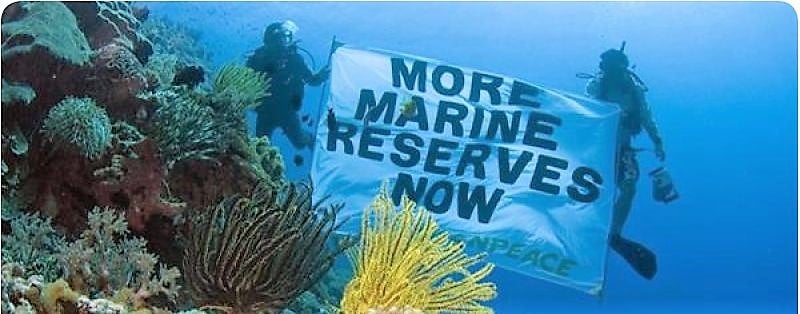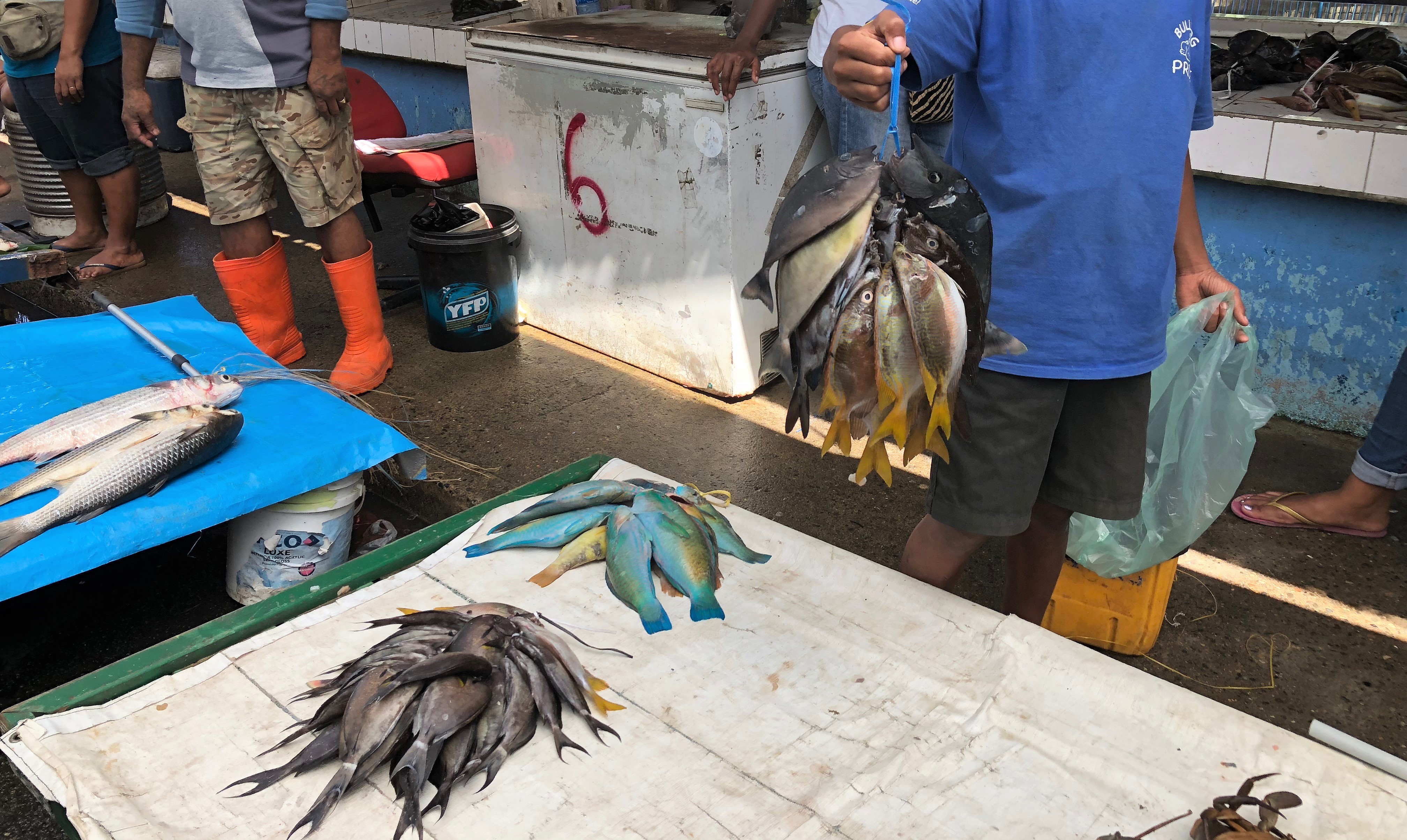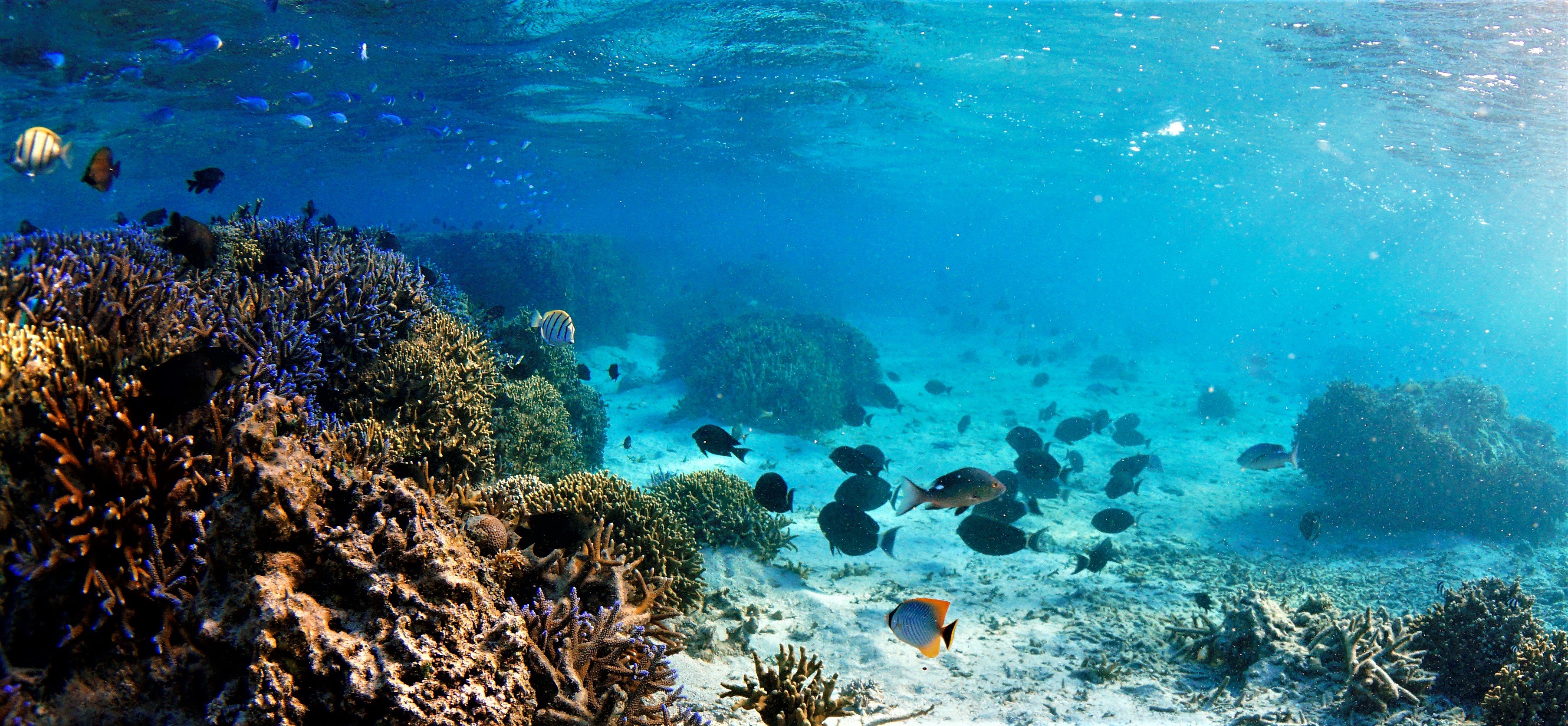Kawakawa (Grouper) and Donu (Coral Trout) are Fiji's most popular eating fish and are highly prized by all Fiji citizens. For a number of years, many of Fiji's citizens have been taking a voluntary pledge not to consume these important species during their peak breeding season (June to the end of September).
In 2018, Fiji's Minister of Fisheries imposed a legal ban on the capture of a number of listed species of Kawakawa and Donu from June to the end of September each year. This was followed in June 2019 by Fisheries Regulations implementing this seasonal ban.
Recently, in August 2020, the Minister of Fisheries has amended the seasonal ban by reducing it by two months, effectively ending the ban on 1 August 2020. In this legal bulletin we briefly review the seasonal ban, its amendment and the reasons that marine scientists called for the seasonal ban to assist in the sustainable management of these popular species.








